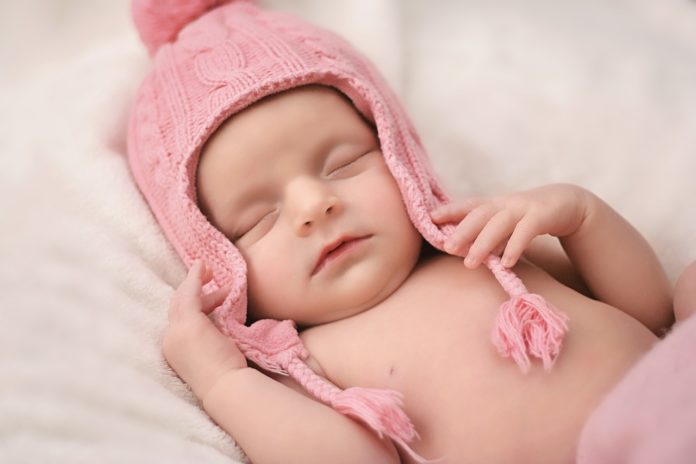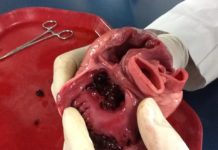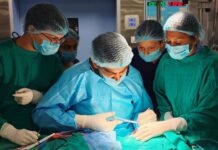
Children born by C-section are more likely to be diagnosed with autism
Babies born by caesarean-section are 33% more likely to develop autism and around 17% more likely to develop ADHD than babies delivered by natural birth. That is the conclusion of a study which looked at the births of around 20 million babies across 19 countries. The study was published in JAMA Psychiatry.
The findings, which took data from over 60 studies carried out since 1999, demonstrated an association between c-section births and these conditions, but by no means proved a direct causal link.
The researchers suggest that brain development might be affected among babies not exposed to bacteria in the vaginal canal or experiencing the natural stress response during a normal birth. Caesarean births have tripled around the world in last 30 years.
Authors of the study have suggested that other factors are likely to have an influence on the results – such as the age of the mother and or if the baby is at risk of a premature birth.
Women should not be alarmed by the need for a caesarean which is often performed to reduce risk to their baby
It also doesn’t take into account exposure to antibiotics after the birth, something scientists claim could also play a part.
The researchers suggested the ideal proportion of caesarean births was between 10 and 15 per cent. Evidence of links between C-sections and psychiatric or eating disorders and learning disabilities is “incomplete,” the researchers led by PhD student Tianyang Zhang concluded.
Zhang’s team said their JAMA Network Open-published paper could lead to reducing rates of unnecessary caesareans.
“Despite being a life-saving procedure in the presence of complications, no evidence, to our knowledge, indicates that cesarean delivery, if not [done for medical reasons] is beneficial for the offspring,” they wrote.
“Elective cesarean delivery can be… requested by the mother because of culture preferences, previous negative birth experience, or fear of birth, which may indicate a genetic vulnerability to factors associated with psychological changes, such as stress, and associated in turn with neurodevelopmental or psychiatric illness in the offspring.”
However, emergency cesarean delivery occurs in more traumatic situations such as severe fetal distress and preeclampsia, “that are associated with multiple negative birth outcomes.”
“Women should not be alarmed by the need for a caesarean which is often performed to reduce risk to their baby,” the authors clarified.
Dr Pat O’Brien, Consultant Obstetrician and Spokesperson for the Royal College of Obstetricians and Gynaecologists added: “This systematic review and meta-analysis shows an association between caesarean birth and autism and ADHD, but a number of underlying factors which may have led to the development of these conditions were not accounted for.Therefore, the findings of this paper do not show that caesarean birth leads to autism and ADHD.”












